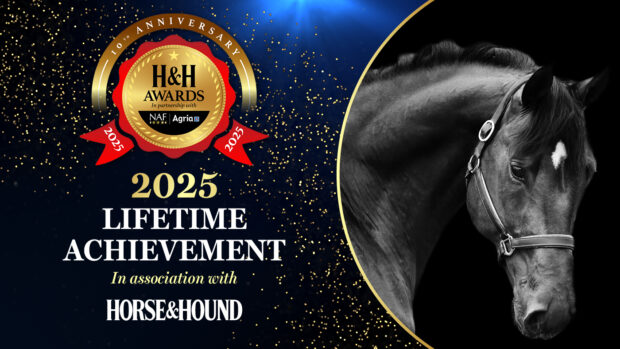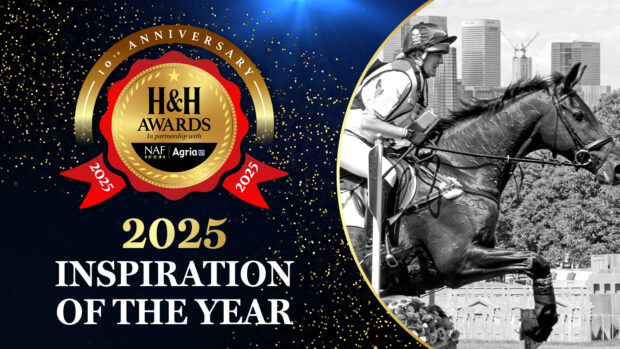A career in nutrition is an option for science students with an interest in horses
A career in nutrition is based either in universities or colleges, providing research and teaching for the industry, or in practice. In the feed industry, commercial nutritionists are either independent consultants or employed by feed companies.
A key part of a nutritionist’s job is in the formulation of feeds and supplements and the design of effective diets for all horses.
Another role is troubleshooting diets that don’t work or advising on a change in management. Fundamental to this is a knowledge of feedstuffs and their use in horses’ diets.
The best part of the job is when your efforts lead to an improvement in performance.
The back-room part concerns sourcing new information from scientific research, monitoring production quality and tracking feed legislation.
The customer wants a consistent product with the same effect on their horse every time it is fed – a nutritionist aims to deliver this.
Importance of experience
Getting the necessary experience is the challenge.Be prepared to start at the bottom and with a species such as cattle or sheep, rather than horses.
Get plenty of the following:
Practical experience: it’s no good having a brain full of the latest scientific know-how if you can’t relate it to effective feeding solutions.
Work for someone: understand what it is like to feed someone else’s horse – this is what you do as a nutritionist.
Sales ability: the horse is the consumer; its owner is the customer.
Communication skills: a nutritionist needs to be able to communicate the benefits of his or her advice. Even if it’s an idea and not a product, it’s essential to be able to impart knowledge in a way a customer can understand.
A good education: degrees have always been de rigeur for nutritionists. Brain power is required to understand exercise physiology, how nutrients work and solve nutritional puzzles. Do a science degree, preferably animal or equine science, but choose one where you gain an understanding of physiology and nutrition of other animals, too.
Getting work
Once you have the right credentials, gaining employment straight away can be difficult if you wish to specialise in horse nutrition, but if you can work across many species the options are wider. There are probably about 40 equine nutrition jobs in the country, including teaching and commercial work.
Send off a CV to your target employers and do something to make sure it will catch their eye. Send a dull CV and you won’t get noticed.
Read more about the nutritionist’s role:



